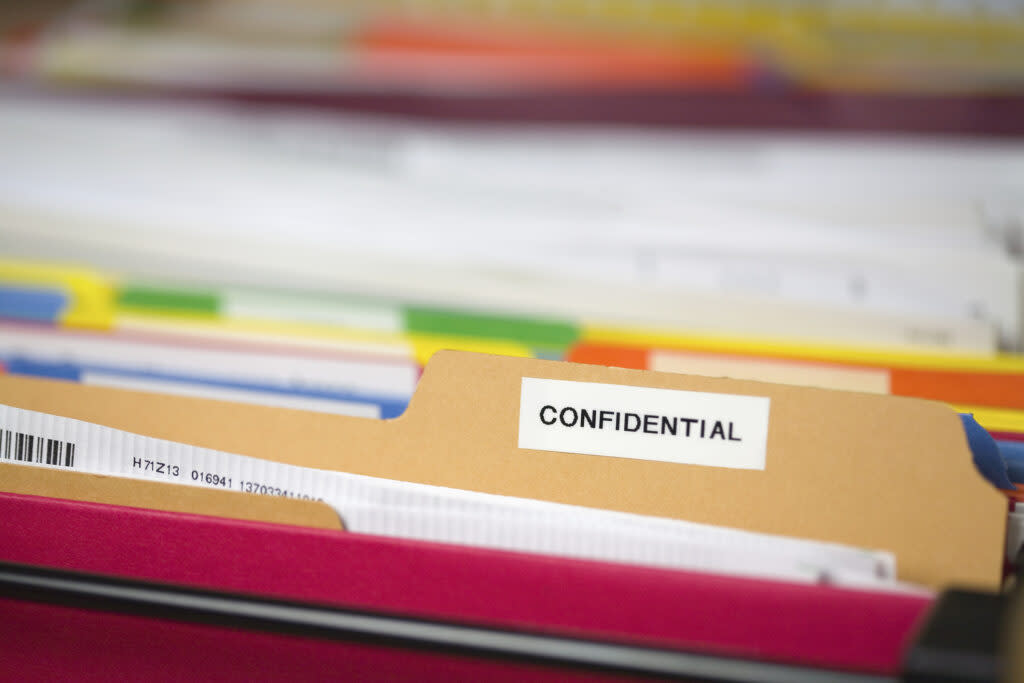Local governments in Louisiana could soon be allowed to shield business records from public

Getty Images
A stalled proposal that would allow local governments to withhold economic development records from the public is back in play after a narrow vote in the Louisiana Senate.
House Bill 461 by Rep. Steven Jackson, D-Shreveport, earned approval from senators in a 20-18 vote. It will return to the House for final concurrence on two late-stage changes made Thursday afternoon.
The legislation would allow local officials to declare any records confidential for “economic development” purposes if they believe their public release “would have a detrimental effect” on an active business negotiation for projects valued at $5 million or more. Any government expenses related to the negotiations could also be kept under wraps.
The applicable records would be off-limits to the public for 12 months starting once the company is granted confidentiality. If negotiations extend past a year, another 12-month extension could be granted, but no records could be withheld past 24 months.
GET THE MORNING HEADLINES DELIVERED TO YOUR INBOX
The bill’s fate seemed uncertain last week when senators voted 19-19, with opponents concerned it would take away the public’s right to know how local officials spend public dollars.
Jackson then teamed with Republican Sen. Jean-Paul Coussan of Lafayette on amendments to the legislation to make the legislation more palatable to one of the senators who opposed it last week, Sen. Glen Womack, R-Harrisonburg.
Womack said the amendments placed limits that addressed some of the transparency concerns he had with its earlier version. One of the changes defines “economic development” as a project that creates at least 15 permanent jobs, with an increase to 25 permanent jobs for digital media companies, call centers, research and development investments, and corporate headquarters.
The other amendment involves a provision that appears to reinforce existing law. It states a mayor, parish president or other top local official “shall not enter into any agreement” without an affirmative vote of the local council or governing board consistent with the state’s Open Meetings Law.
Access to public records is a core element of government transparency and a common tool of investigative journalists, community watchdog groups and engaged citizens to expose government corruption, waste and other misdeeds. All states and the federal government have some version of a “sunshine” law for government records.
Louisiana lawmakers have gradually chipped away at the state’s public records law, adopting more than two dozen changes to revoke public access to a long list of government documents since it was enacted in 1940.
Sen. Thomas Pressly, R-Shreveport, voiced strong objections to Jackson’s bill last week and continued his opposition during Thursday’s debate. He asked why digital media and call centers were among the only kinds of businesses that could be exempted from public records law, and he pressed Coussan to explain what “digital media” means.
Coussan couldn’t provide specific answers, saying only that proponents chose the wording of the amendment. The Police Jury Association of Louisiana is the primary author of the bill, which also found support among the members of the Legislative Black Caucus, to which Jackson belongs.
Coussan and other supporters of the bill have argued it is necessary to allow companies interested in coming to Louisiana to negotiate with local governments without having to reveal their proprietary trade secrets. However, Louisiana law already contains broad public records exemptions for proprietary or trade secret information for any kind of business.
The post Local governments in Louisiana could soon be allowed to shield business records from public appeared first on Louisiana Illuminator.

